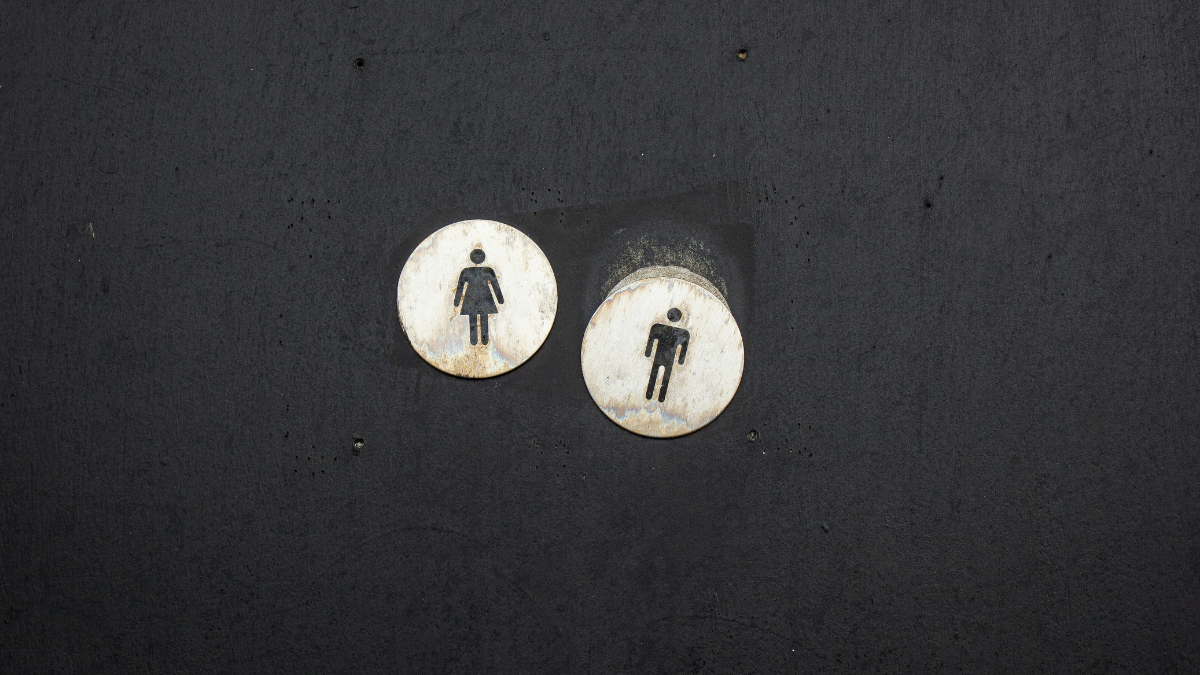

BreakPoint
Silver Linings
Over recent weeks as the Clinton scandals have heated up, I've been invited to appear on numerous talk shows to discuss the president's troubles. I've also met with many congressmen and senators. While the questions I'm asked about Watergate don't surprise me, something else does: I sense a new willingness to discuss the importance of morality and character in American life. For the past 30 years, discussion of morality has been all but eradicated from public life. Instead, we've embraced two related ideas: We've accepted relativism, the idea that there are no universal standards of right and wrong. And we've accepted the belief that what people do in their private life has no bearing on the performance of their public duties. Not surprisingly, our culture has sunk lower and lower. We come to expect less and less from our leaders and from ourselves. Along comes the Lewinsky scandal. The idea that we could separate private conduct and public duty seemed to hold for a time. But something has been changing in recent weeks. We now seem to be having second thoughts about this relativistic morality so enthusiastically embraced. Even more remarkably, these second thoughts are appearing in the prestige media. We see them in the skepticism with which the reporters greet the president's apologists. For instance, we saw an exasperated Cokie Roberts of ABC asking the president's lawyer, David Kendall, whether his wife would define "sex" in the way his client defines it to the American people. We saw second thoughts again this week when the Washington Post called for impeachment hearings. According to the Post, "to ignore [the president's offenses] on the various grounds he advances is to lower the bar [and]... drag down the national standards." Referring, of course, to the moral standards. We see second thoughts in the more than 140 newspapers and countless columnists who have called upon the president to resign. The argument is nearly always the same: The president has lost the moral authority to lead the nation. Of course, citing "moral authority" requires a belief that morality and its correlate, character, matter. It requires a repudiation of that cynical Clintonian idea that "it's the economy, stupid." And that's what happening. James K. Glassman, a Washington Post columnist, spoke for many of his colleagues this week when he wrote that, as a result of this scandal, "more attention will be paid to behavior and the character that underlies it." In the 1992 campaign, Glassman noted, a debate raged over whether character counted in government. "Who today," he asked, "can doubt the answer to that question?" Who can, indeed. It's the president's antics that have caused our leaders and our media elites to begin to look once again at the kind of culture we've created over the past 30 years. They don't like it, and, to their credit, they're talking about cleaning it up. As the Bible says, "Righteousness exalts a nation, sin is the reproach to any people." The rejection of morality and character was bound to produce a day when a leader would shame us. And that shame has led us back to thinking about character. And that's the hopeful message we need to keep in mind in these trying times. God, I believe, is using these events to teach America a lesson it needed to learn. And one, by the way, we should be sharing with our neighbors. For if we learn this lesson well, the traumas America is now suffering will have proven to be more than worth it.
09/25/99















